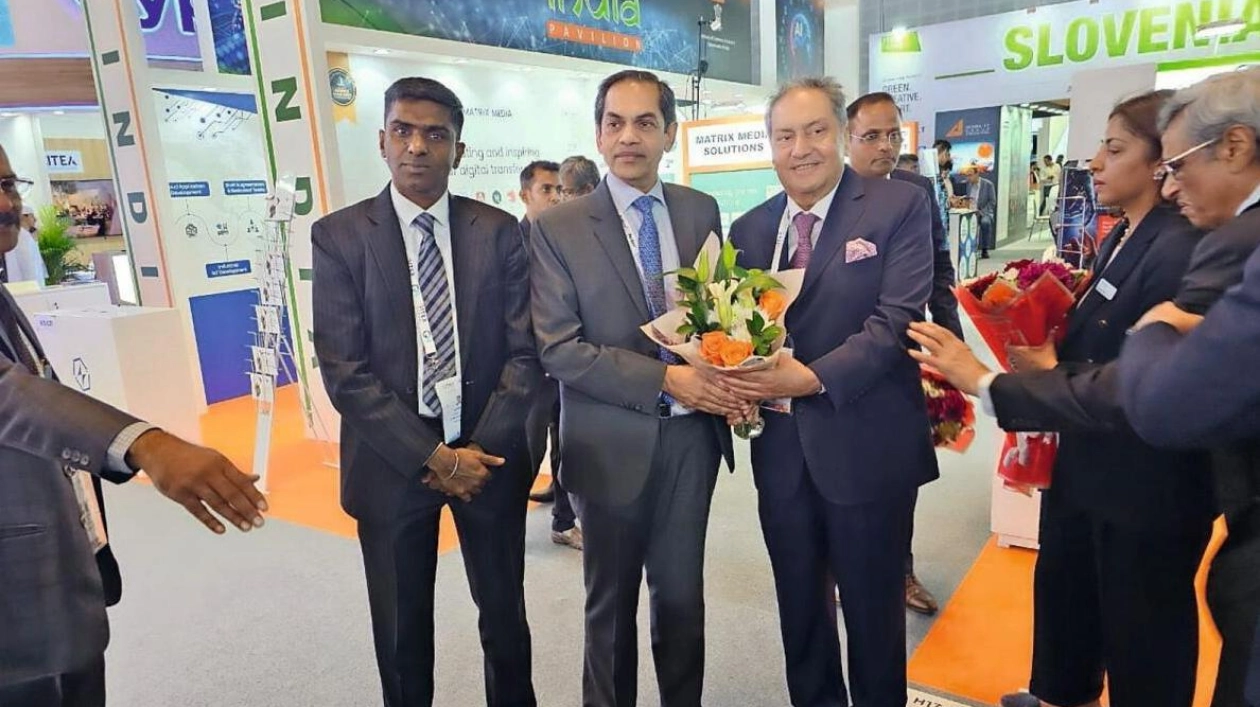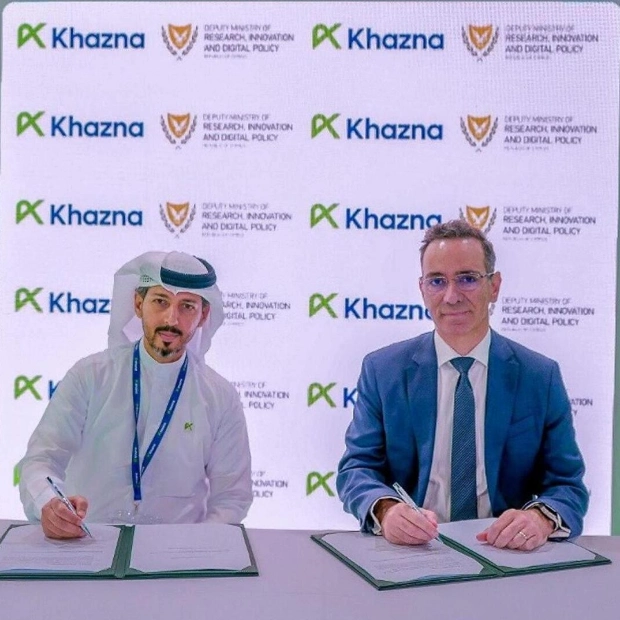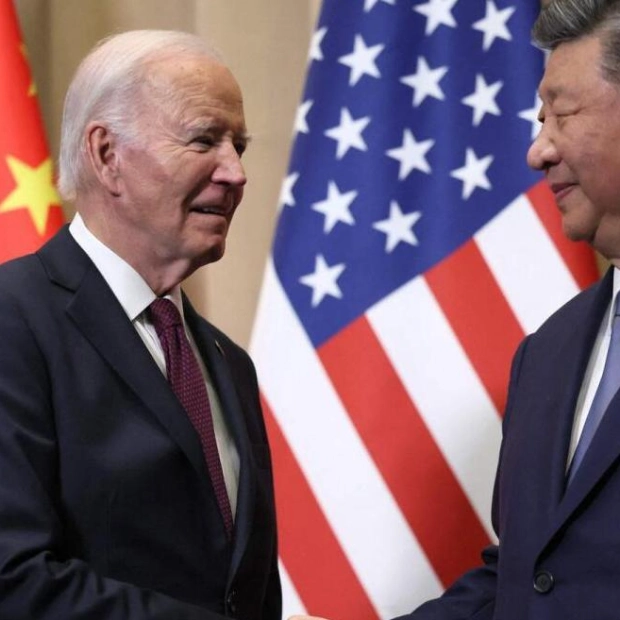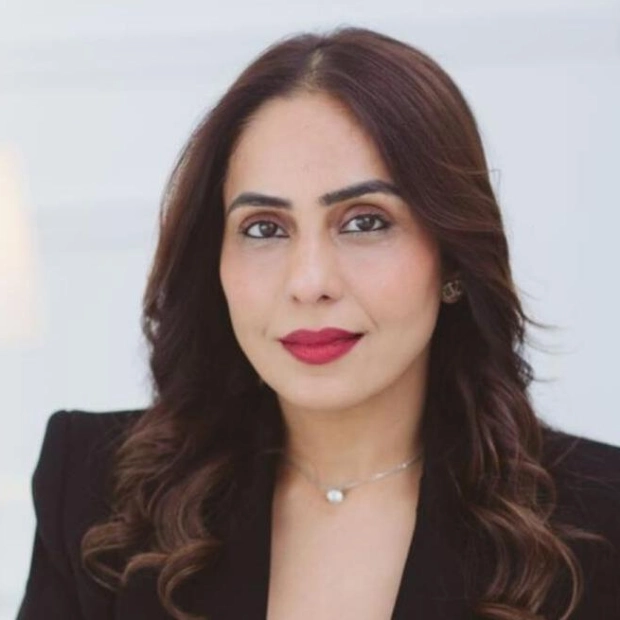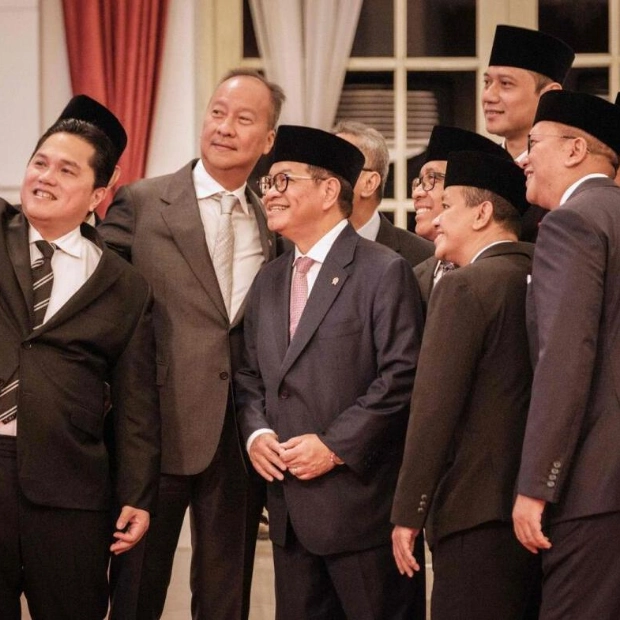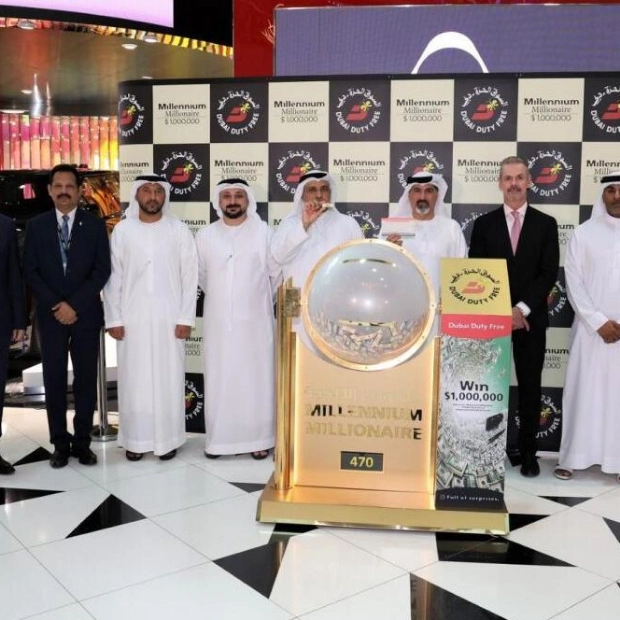During the inauguration of the Indian pavilion at Gitex Global 2024, Veer Sagar, chairman of the Electronics and Computer Software Export Promotion Council (ESC), emphasized that this year's focus would be on showcasing India’s advanced technological capabilities. Sagar explained that these deep tech solutions have the potential to tackle intricate societal issues such as healthcare, climate change, genomics, blockchain, and cybersecurity, which are pivotal to contemporary development.
More than 100 Indian ICT companies are exhibiting their products and solutions across 12 pavilions under the ESC banner, which represents India’s leading ICT exporters. The showcased high-tech offerings include innovations in artificial intelligence, cybersecurity, mobility, sustainable technologies, fintech, and banking solutions.
The ESC’s India pavilion was inaugurated by Sunjay Sudhir, India’s ambassador to the UAE, and addressed by Satish Kumar Sivan, the consul general of India in Dubai. Sagar highlighted that India currently boasts over 3,600 deep tech startups, with over 480 established in 2023 alone. He also noted that the ESC envisions significant opportunities for bilateral and multilateral collaborations to foster complex solutions in sectors like education, healthcare, climate change, and digital transformation in the MSME sector.
Kamal Vachani, regional director of ESC-Dubai, discussed India’s ascent in the global tech landscape and potential collaborations with the UAE in deep tech areas. Vachani emphasized that India’s participation at Gitex is not just about showcasing cutting-edge products but also about demonstrating India’s growing technological leadership. He added that India is now a leader in certain ICT segments due to its strong focus on innovation and R&D.
Vachani also highlighted the Middle East as a crucial market for Indian ICT products and IT solutions. He identified untapped potential for business partnerships in sectors such as telecommunications, utilities, tourism, financial services, and real estate. Vachani encouraged investors, especially venture capitalists, to invest in India’s deep tech sector, where substantial returns are possible.
Notably, India and the UAE signed an MoU in 2018 to establish a bilateral AI bridge, aiming to generate $20 billion in economic benefits over the next decade. This MoU focuses on fostering an innovation ecosystem through a Joint Working Group involving both countries’ governments, startups, academia, and industry associations. Additionally, the two nations plan to collaborate on advancing energy storage technologies, Smart Grid deployment, renewable energy, healthcare, green hydrogen, space, and energy efficiency R&D.
Source link: https://www.khaleejtimes.com
